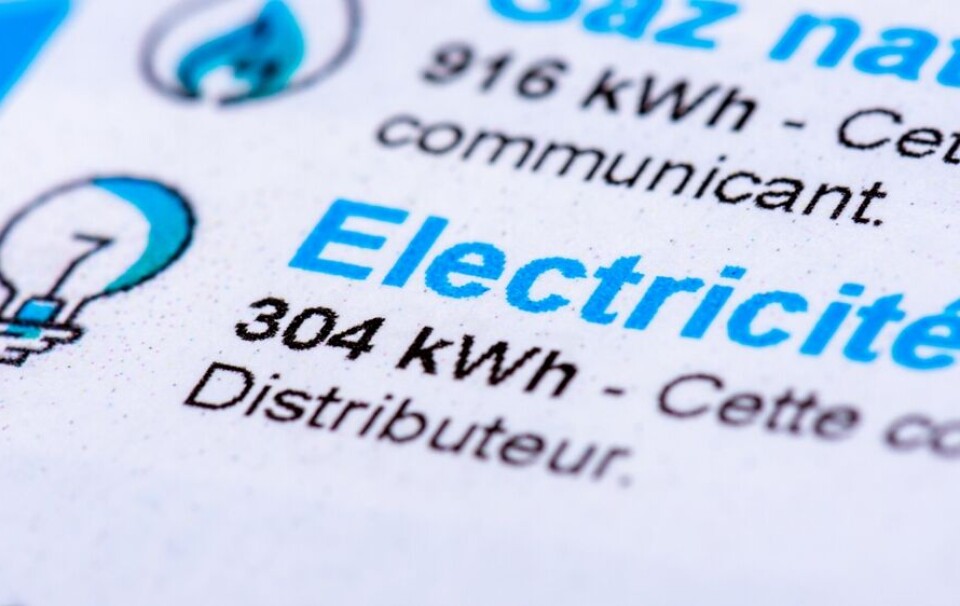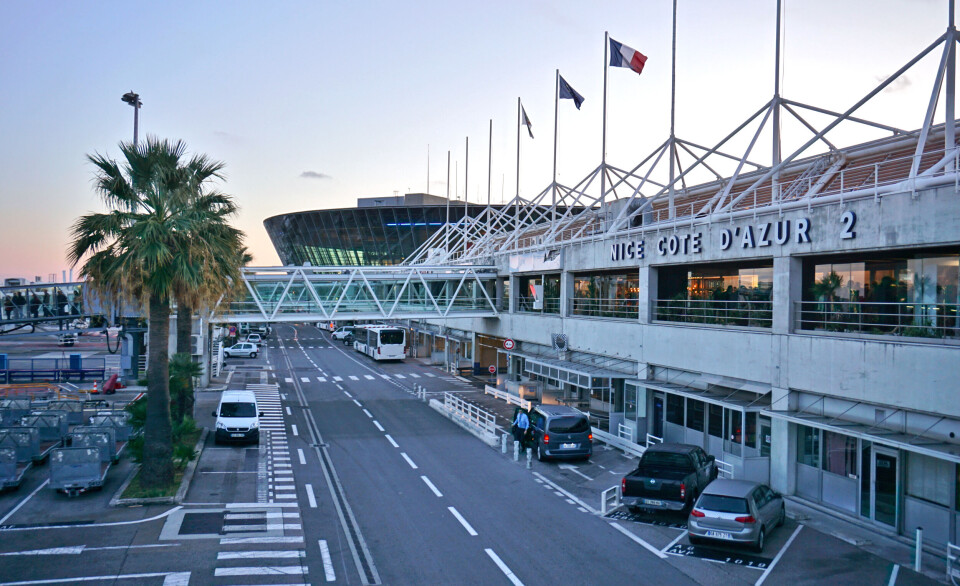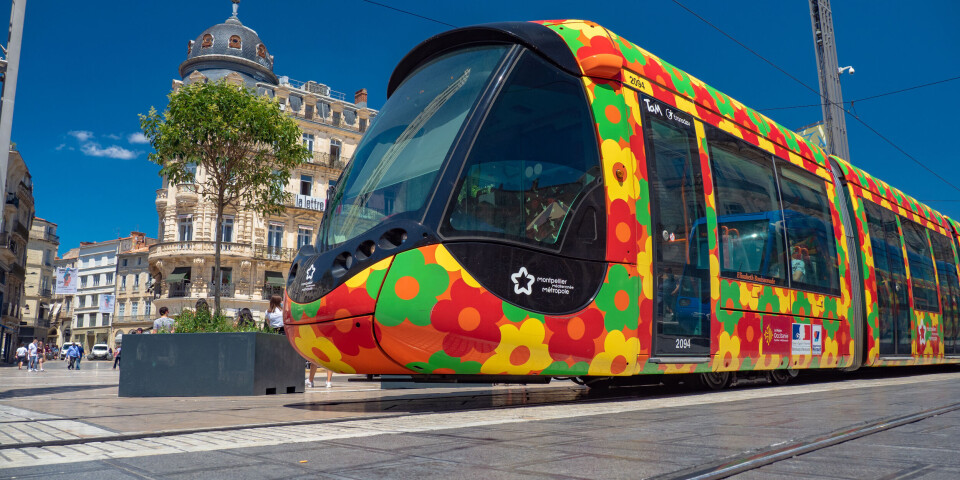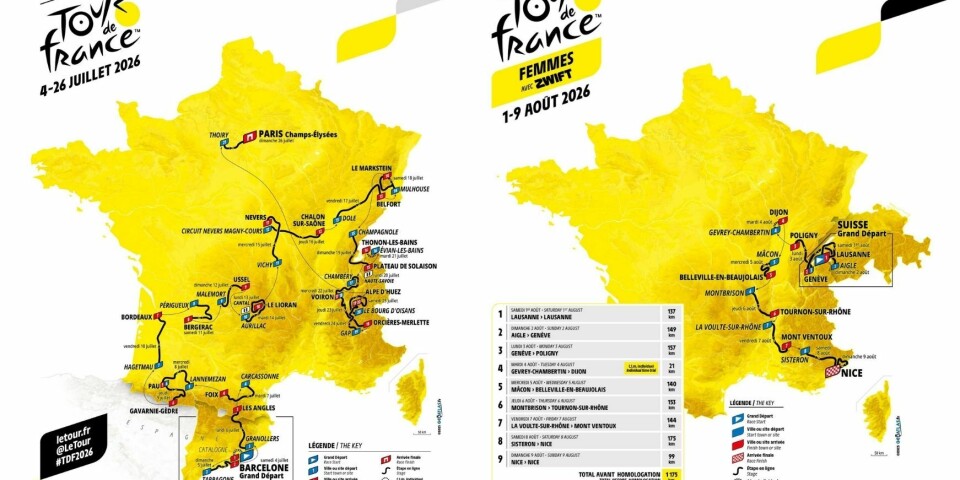-
Sabotage on rail lines in France: many TGVs to south-east cancelled
Separate fires on high-speed line near Lyon has crippled services
-
Britons ordered to leave France over bad first year of work lose court appeal
Order was upheld despite their Dordogne gîte business now doing better. They say they have ‘absolutely nothing to go back to in the UK’.
-
Carpenter who helped rebuild Notre-Dame Cathedral allowed to marry there
Special permission was granted as private weddings are not normally permitted at the Paris landmark
Battery-farmed eggs less popular with French consumers
Most hens’ eggs bought in France today do not come from battery-farmed hens for the first time ever, as consumer habits shift towards eggs from free-range and organic farms.

According to new figures, 52% of eggs sold in French supermarkets are now from what is called “alternative” eggs, such as those from organic farms; hens raised in barns but with access to the outside air; or hens that are free range and permitted to live outside.
In contrast, battery-farmed hens are usually kept in small cages indoors, and never allowed space to roam around or go outside.
Animal welfare groups argue that this is cruel to the animals and can lead to malformations, pain, and sores for the hens, which they say can in turn lead to lower-quality eggs.
Some supermarkets have already banned battery-farmed eggs from their shelves.
Removing all battery-farmed eggs from France was a campaign promise for President Emmanuel Macron.
During a speech on the state of French food in October 2017, he said: “When I said, during the campaign, that eggs sold to consumers would only be from free-range farms by 2022, it is because we can also reach this goal together.”
The sector has since pledged to ensure that, within the next three years, at least 50% of hens in France are not battery-farmed.
Stay informed:
Sign up to our free weekly e-newsletter
Subscribe to access all our online articles and receive our printed monthly newspaper The Connexion at your home. News analysis, features and practical help for English-speakers in France
























